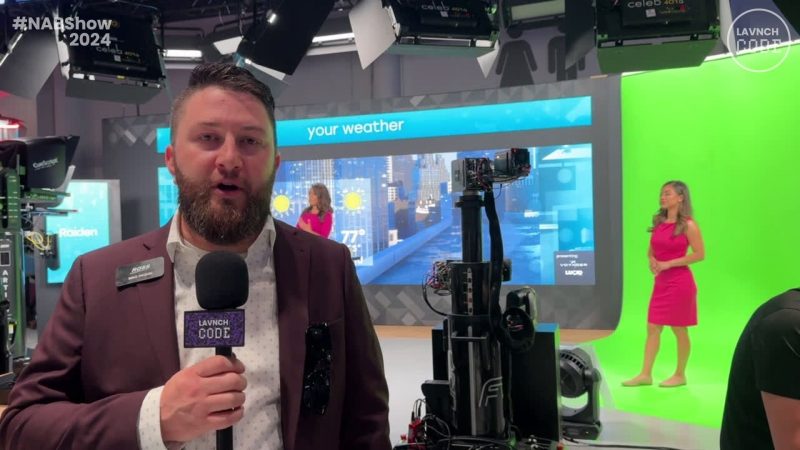
XRA Applauds Re-introduction of Critical XR Workforce Bill
The XR Association (XRA) is expressing support for the reintroduction of the House of Representatives extended reality (XR) workforce bill drafted by Rep. Lisa Blunt Rochester (DE–At-Large) and co-sponsored by Rep. Tim Wahlberg (R-MI).
 Over the past several months, XRA worked closely with Rep. Blunt Rochester’s staff to draft the legislation, which would provide grants to community colleges and technical centers to use XR technology for workforce development and skills training. Colleges and education centers will be able to invest in XR technology for on-the-job training, helping accelerate the future of work.
Over the past several months, XRA worked closely with Rep. Blunt Rochester’s staff to draft the legislation, which would provide grants to community colleges and technical centers to use XR technology for workforce development and skills training. Colleges and education centers will be able to invest in XR technology for on-the-job training, helping accelerate the future of work.
“Emerging technologies, such as XR, can help meet people where they are and expand access to cutting-edge technology and training resources,” said Elizabeth Hyman, CEO of XRA. “Rep. Lisa Blunt Rochester’s bill recognizes the importance of equitable access to skills training and workforce development programs and the key role immersive technology plays in delivering better outcomes.”
Joan O’Hara, senior vice president of public policy at XRA added, “We’re excited to be able to work with Rep. Blunt Rochester, a member of Congress who cares deeply about ensuring underserved populations are able to tap into next-generation technology and skills training.”
According to the XRA, The Immersive Technology for the American Workforce Act would:
- Create a 5-year grant program at the Department of Labor to support community colleges and career and technical education centers in developing education and training programs for workforce development utilizing immersive technology.
- Encourage the development of inclusive technology and workforce training programs.
- Prioritize entities:
- Serving rural areas
- Serving areas of substantial unemployment
- Engaging in a public-private partnership
- Filling a skills gap
- Meeting the needs of employers
- Retraining workers in strategic employment sectors
- Targeting individuals with barriers to employment
- Aligning with relevant state and local workforce development plans
- Require regular reports to the Secretary, including best practices after the third year
The proposed bill follows other recent legislative successes such as the Access to Digital Prescription Therapeutics Act of 2023 and success in ensuring XR technology was included in a list of key technologies eligible to receive research and development funding from the National Science Foundation (NSF) and the National Institute of Standards and Technology (NIST) in the CHIPS and Science Act.









